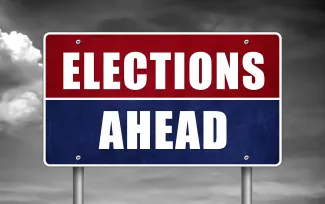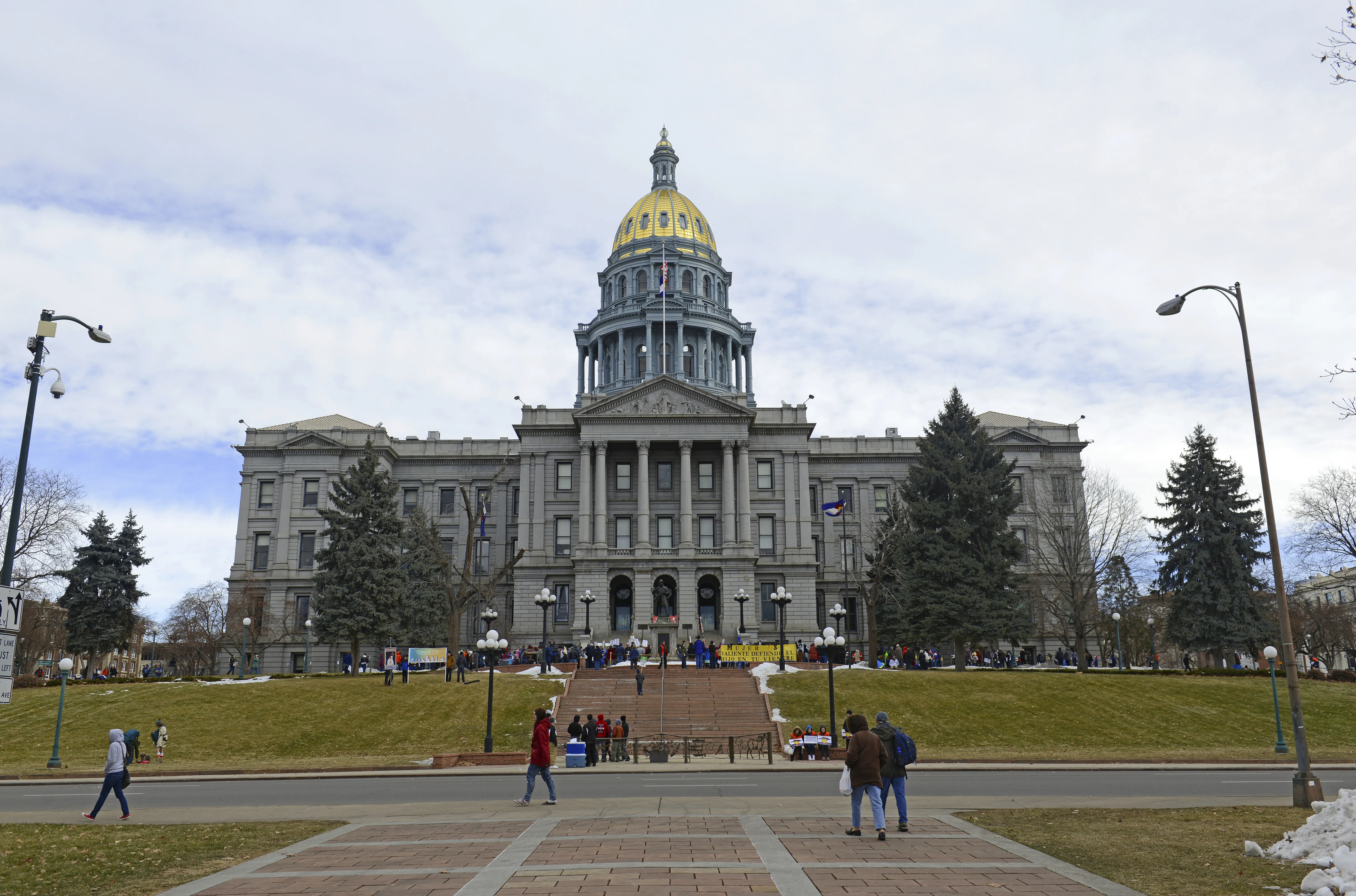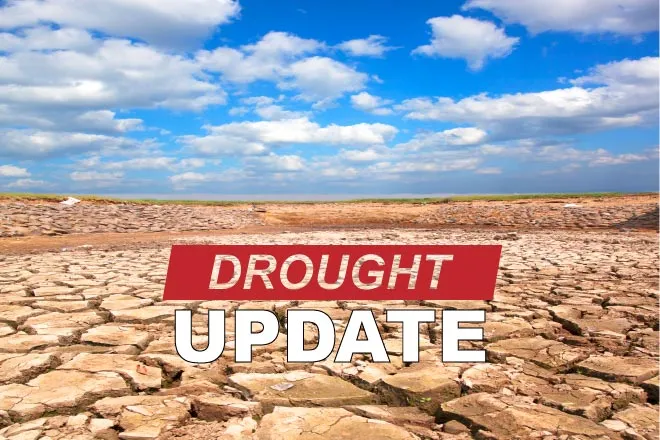
Colorado voters to decide if economic data should accompany ballot measures
(The Center Square) – Colorado voters will decide in November whether an economic impact statement should appear on future ballots when a measure is presented.
Proposed Initiative #77 was certified as having enough signatures to appear on the general election ballot November 5, Democratic Secretary of State Jena Griswold announced. More than 199,000 signatures were submitted.

“After reviewing a 5 percent random sample of the submitted signatures, the Elections Division projected the number of valid signatures to be greater than 110 percent of the total number of signatures required for placement on the ballot,” according to the media release from Griswold's office.
Approval in November would require an economic impact summary to appear on upcoming measures and precede the ballot title or question. The summary would include the effect the measure would have on the state's employment, the gross domestic product and state and local government revenues, expenditures, taxes and fiscal liabilities.
After ballot initiatives are approved by the secretary of state, any interested party would be able to submit an economic impact statement to the state chief economist of the General Assembly. However, the analysis must be done by an economist.
The soundness of the methodology in the analysis and other assumptions made in the statement must be validated by an expert in the field, according to the final text of the initiative.
The state’s chief economist would review the statements for compliance and issue an economic impact summary. If multiple economic impact statements are submitted, a range of all qualifying statements must be included in the summary. If no statements are submitted, the chief economist would issue a final determination on the economic impact statement and issue a summary, if applicable.
The review and approval of the impact statements would be required to be completed within five days of the initiative being approved for a ballot. Within three days after the summary is issued by the chief economist, any interested party not satisfied with the statement would be able to challenge in the district court of the county where it was filed.
“The court shall conduct a summary proceeding on the record and shall be concluded within 10 days…” according to the approved petition document.
There’s also a provision for the district court’s decision to be reviewed by the Colorado Supreme Court.
When the time allotted to challenge the summary at the district court expires, the state’s legislative council would certify the economic impact summary for the ballot to the secretary of state.

















